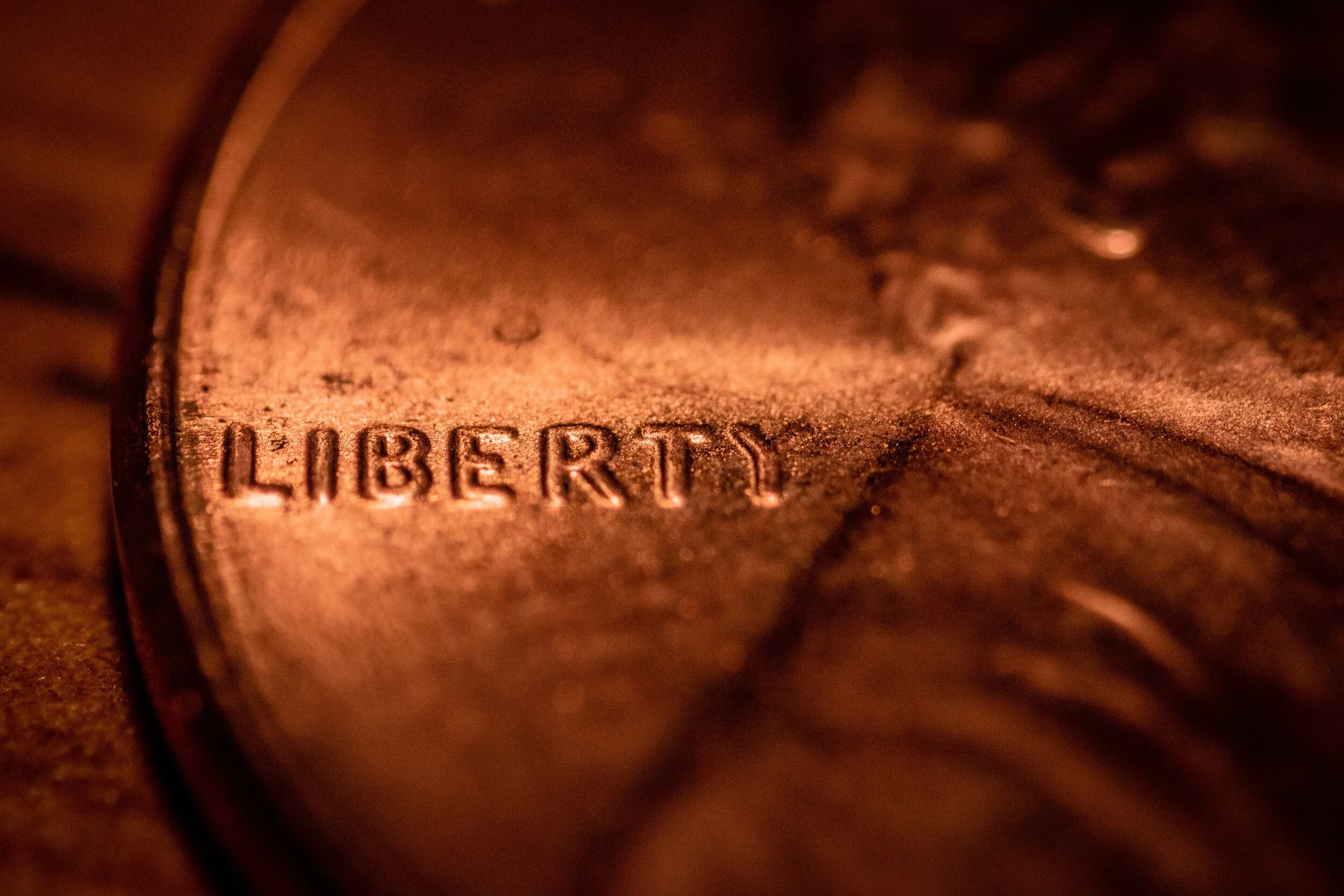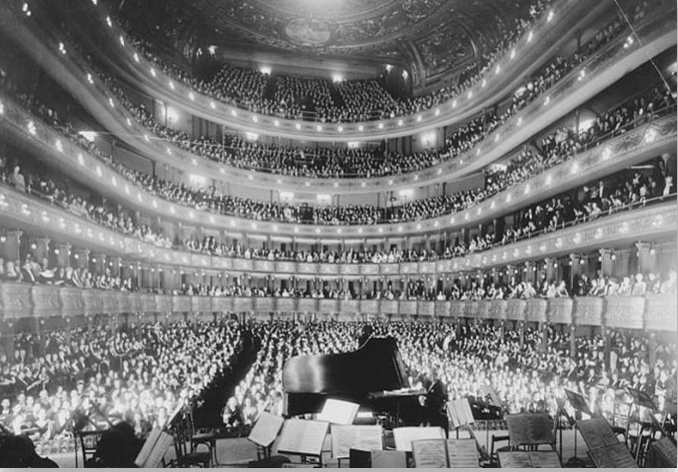Articles & Blog Posts
For several years, I taught an undergraduate course in leadership. It focused on leaders from ancient to modern times. At the end of each session, I surveyed the students. One question was, “Of all the personalities studied, who would you like to have been?” The vast majority answered, “Napoleon.” Bonaparte represented a stunning ascent to power, resilience, courage, glory, greatness, and supreme command and control.
I was not surprised.
Troubling national shifts in policies throughout the world beg retrospection and analysis to determine the proper course of conduct for the future. To do otherwise than wholeheartedly protect both nascent and developed democracies signals irretrievable losses in personal liberties. This is the resounding message of this historical narrative.
Like Adolph Hitler, Benito Mussolini (Il Duce) was a product of World War I and the devastation caused thereby. Grappling with mass unemployment, a shattered economy, and overwhelming budget deficits in Italy, a dominant seat of power was there for the taking by a figure who could control the citizenry, the press, and the military.
Iodice provides the following summary of Mussolini’s ascent to power: The rise of Fascism and Mussolini were predicated upon a concatenation of events which provide parallels to governments in the 21st Century. From the ravages of World War I, Europe had become a fertile breeding ground for the rise of charismatic, jingoistic dictators and Mussolini proved to fit the description. His dominance spawned a cult of personality in Italy, based on the promise of remaking the Roman Empire and therefore, making the country great again. Delusions of grandeur and repressive tactics made him immune from open criticism and political challenge.
"I write about their shortcomings and weaknesses, as well as their strength and power; their power to persuade, to communicate, and to make critical decisions at difficult times."


















